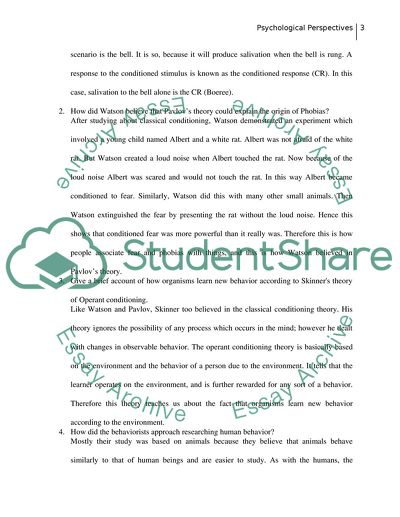Cite this document
(Psychological Perspectives Essay Example | Topics and Well Written Essays - 2500 words, n.d.)
Psychological Perspectives Essay Example | Topics and Well Written Essays - 2500 words. Retrieved from https://studentshare.org/psychology/1745006-psychological-perspectives
Psychological Perspectives Essay Example | Topics and Well Written Essays - 2500 words. Retrieved from https://studentshare.org/psychology/1745006-psychological-perspectives
(Psychological Perspectives Essay Example | Topics and Well Written Essays - 2500 Words)
Psychological Perspectives Essay Example | Topics and Well Written Essays - 2500 Words. https://studentshare.org/psychology/1745006-psychological-perspectives.
Psychological Perspectives Essay Example | Topics and Well Written Essays - 2500 Words. https://studentshare.org/psychology/1745006-psychological-perspectives.
“Psychological Perspectives Essay Example | Topics and Well Written Essays - 2500 Words”, n.d. https://studentshare.org/psychology/1745006-psychological-perspectives.


